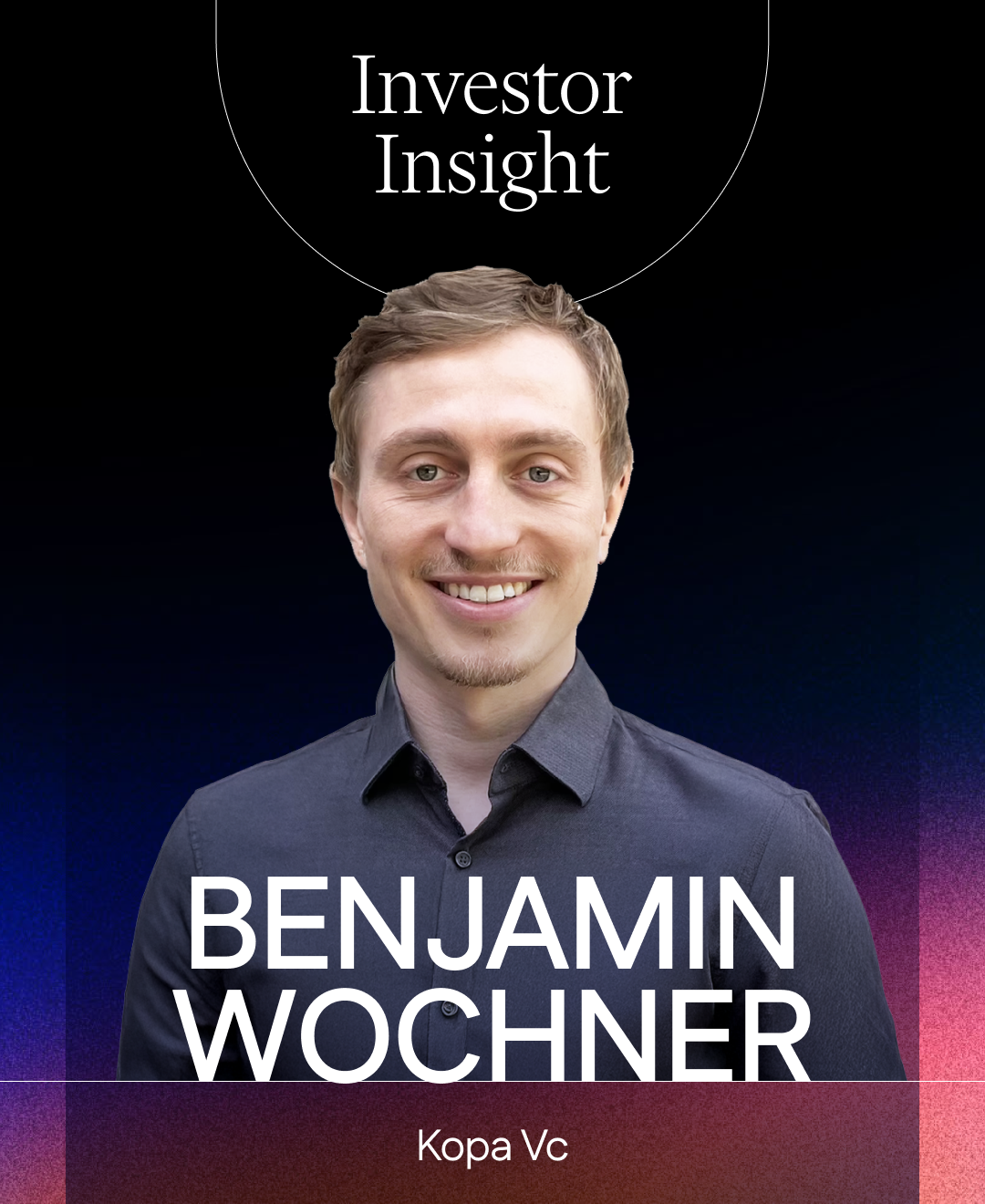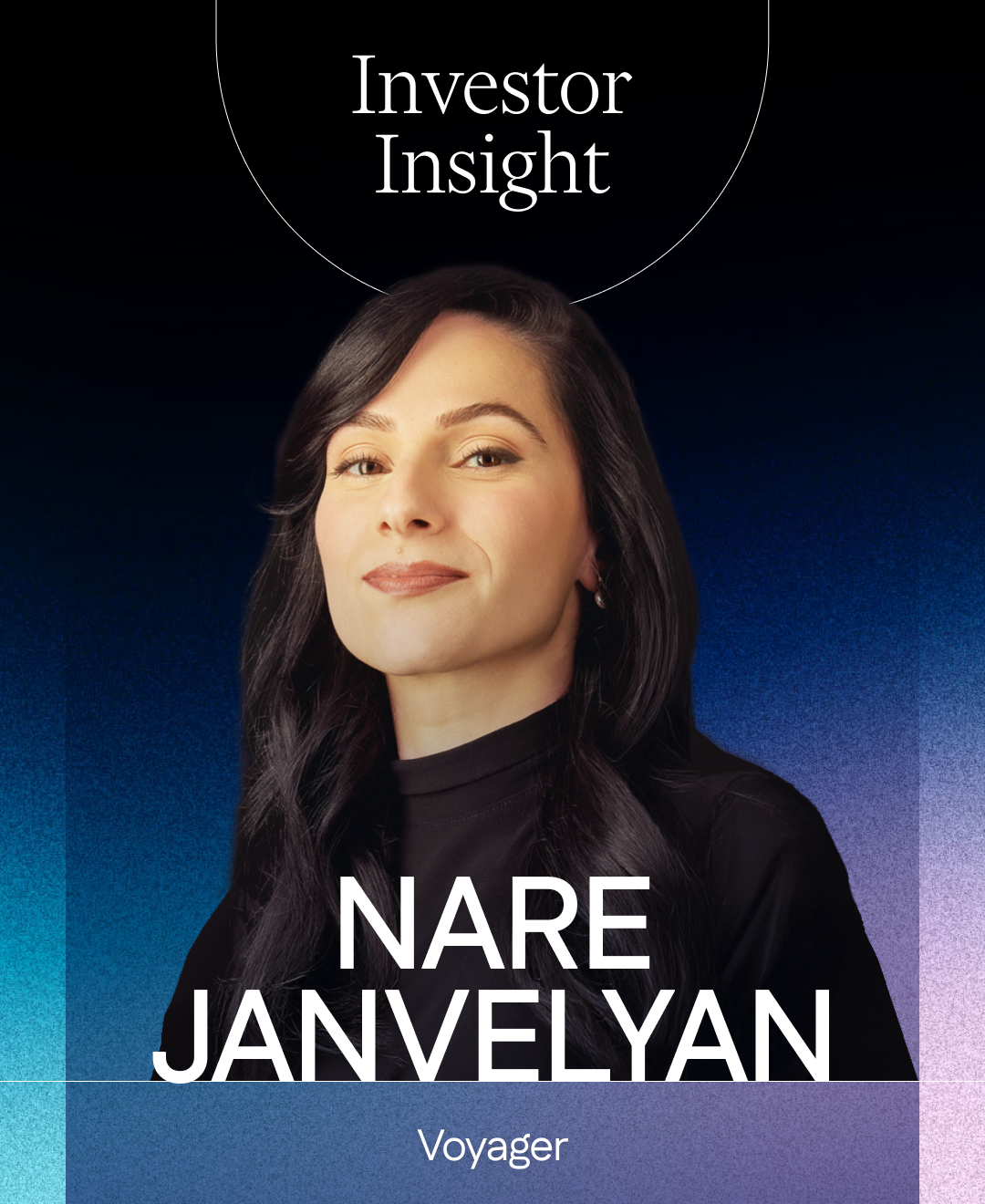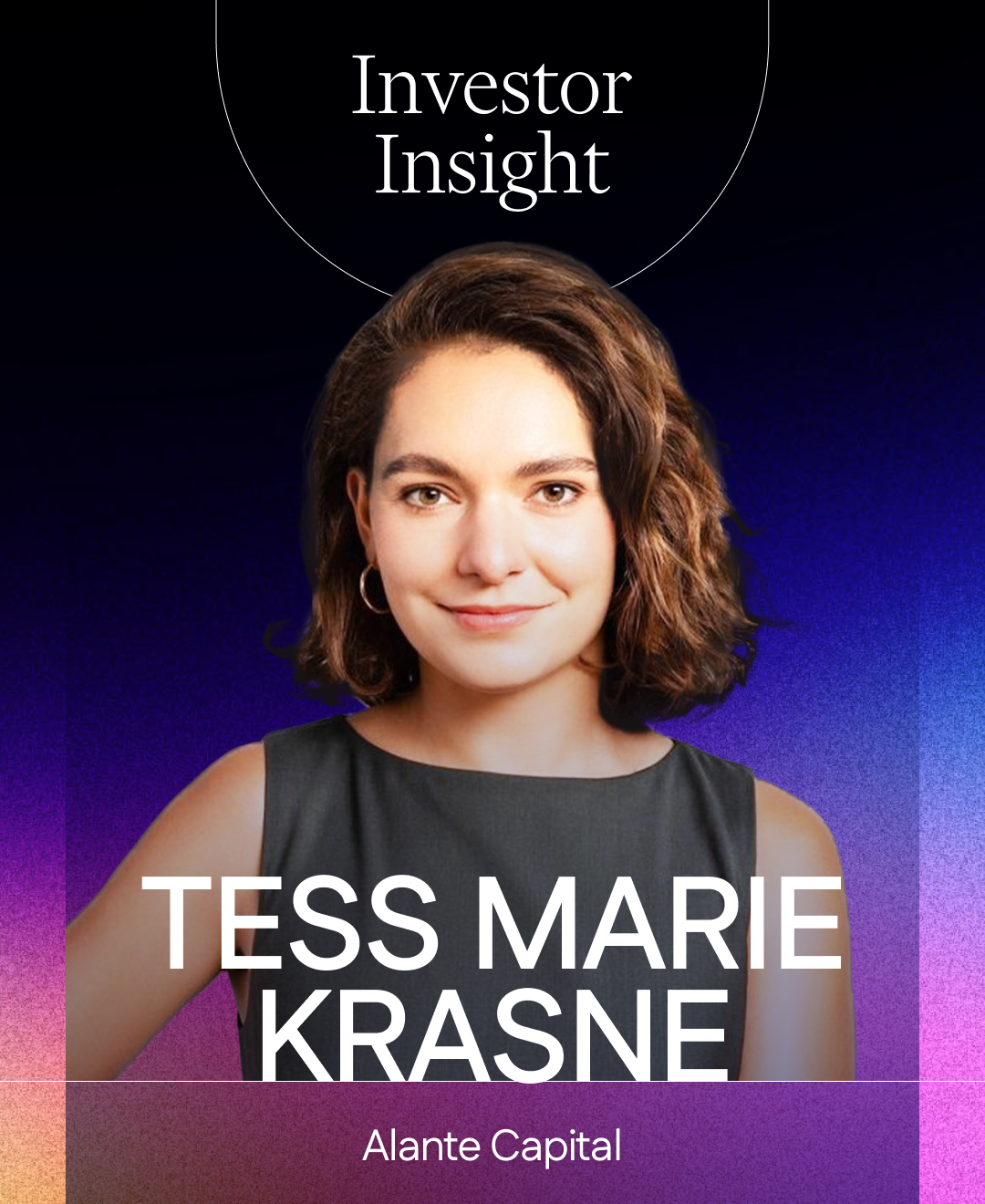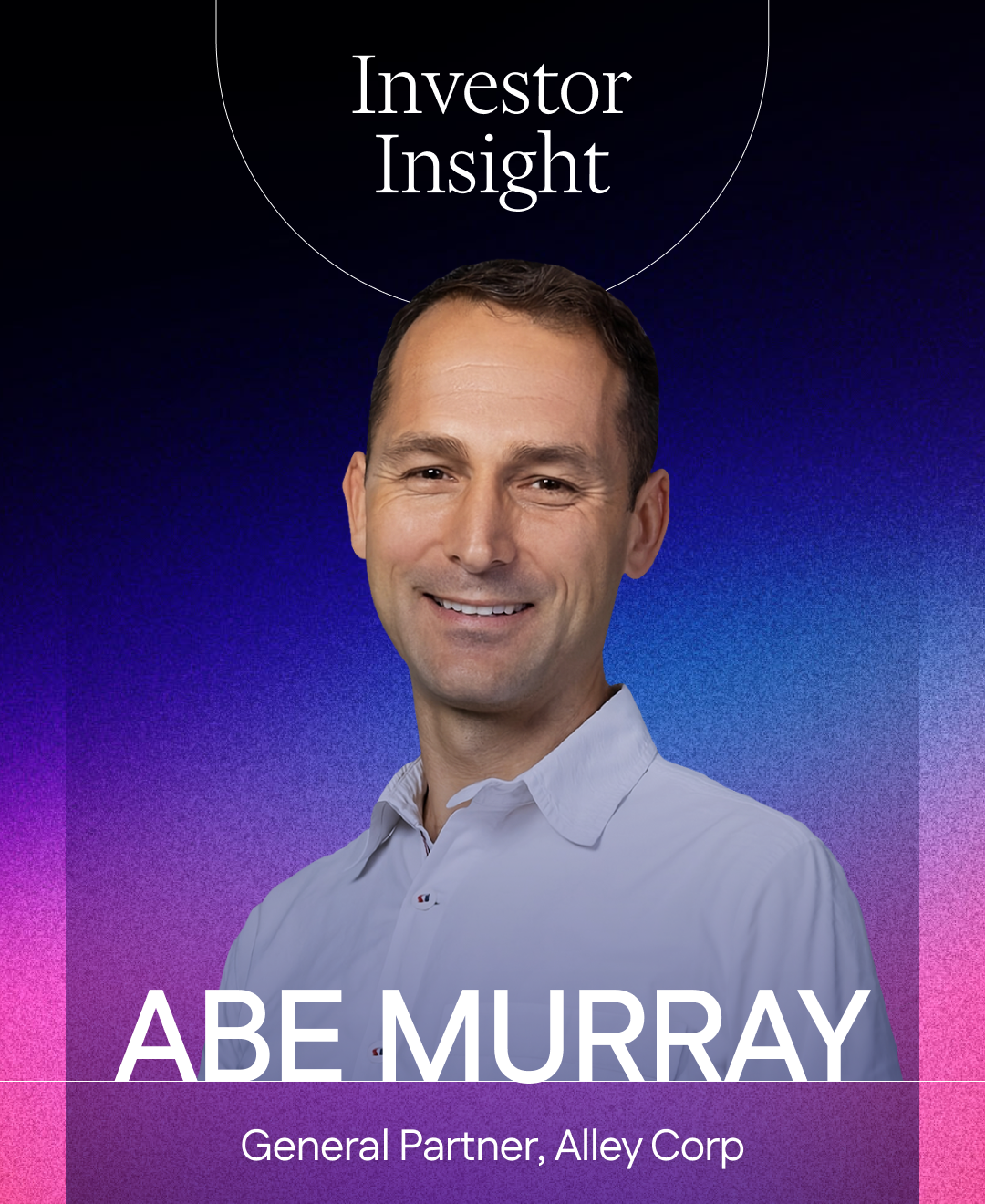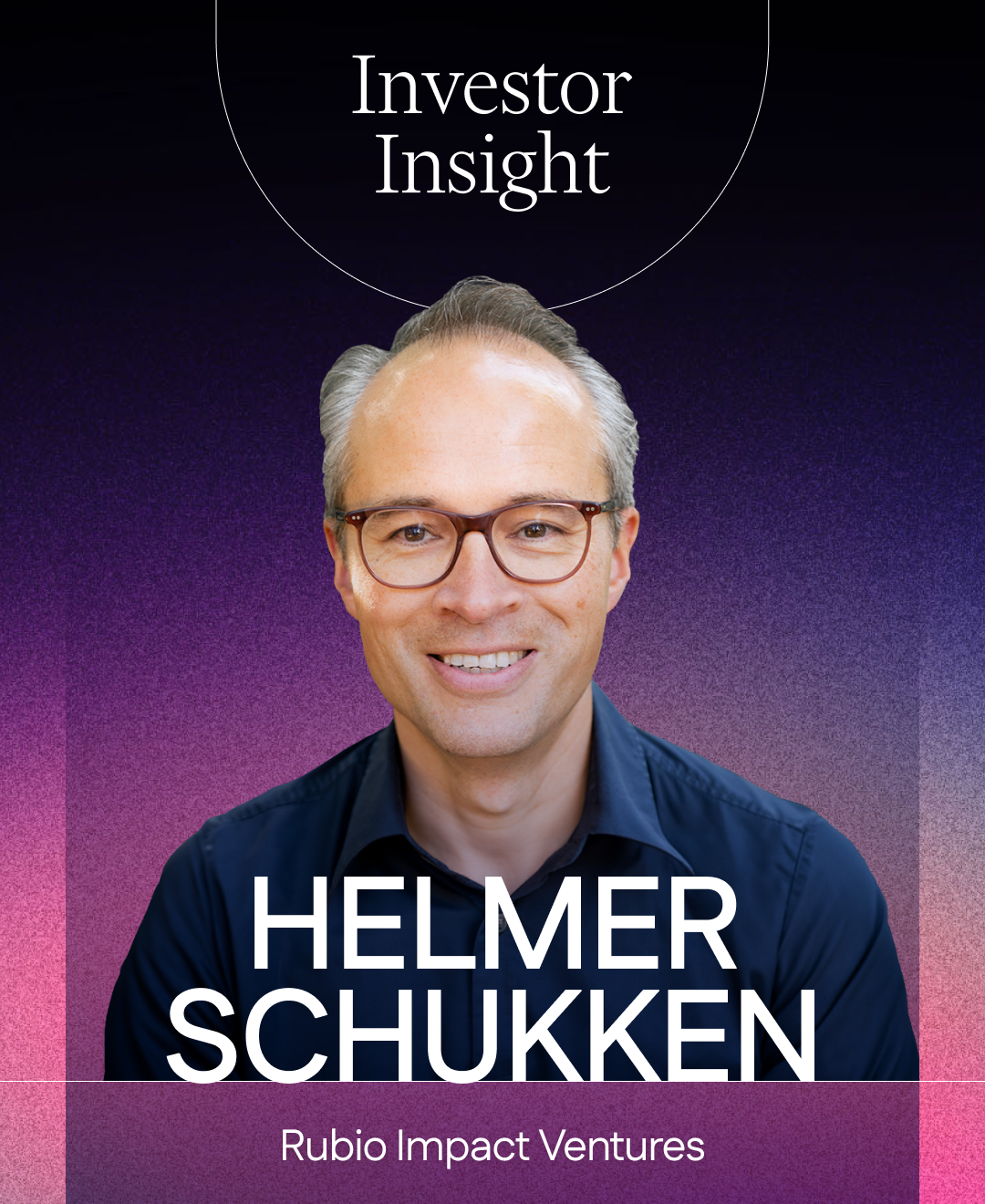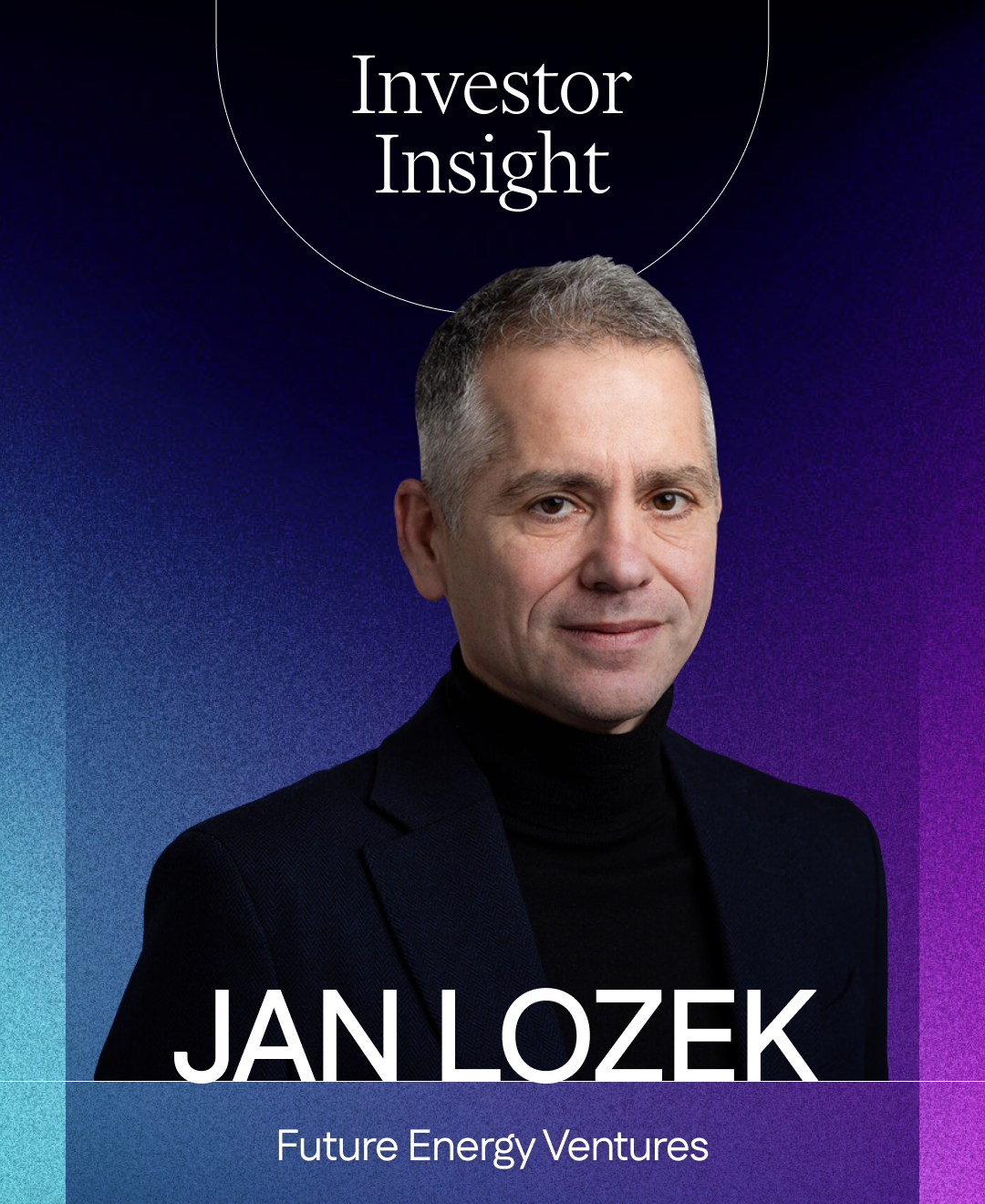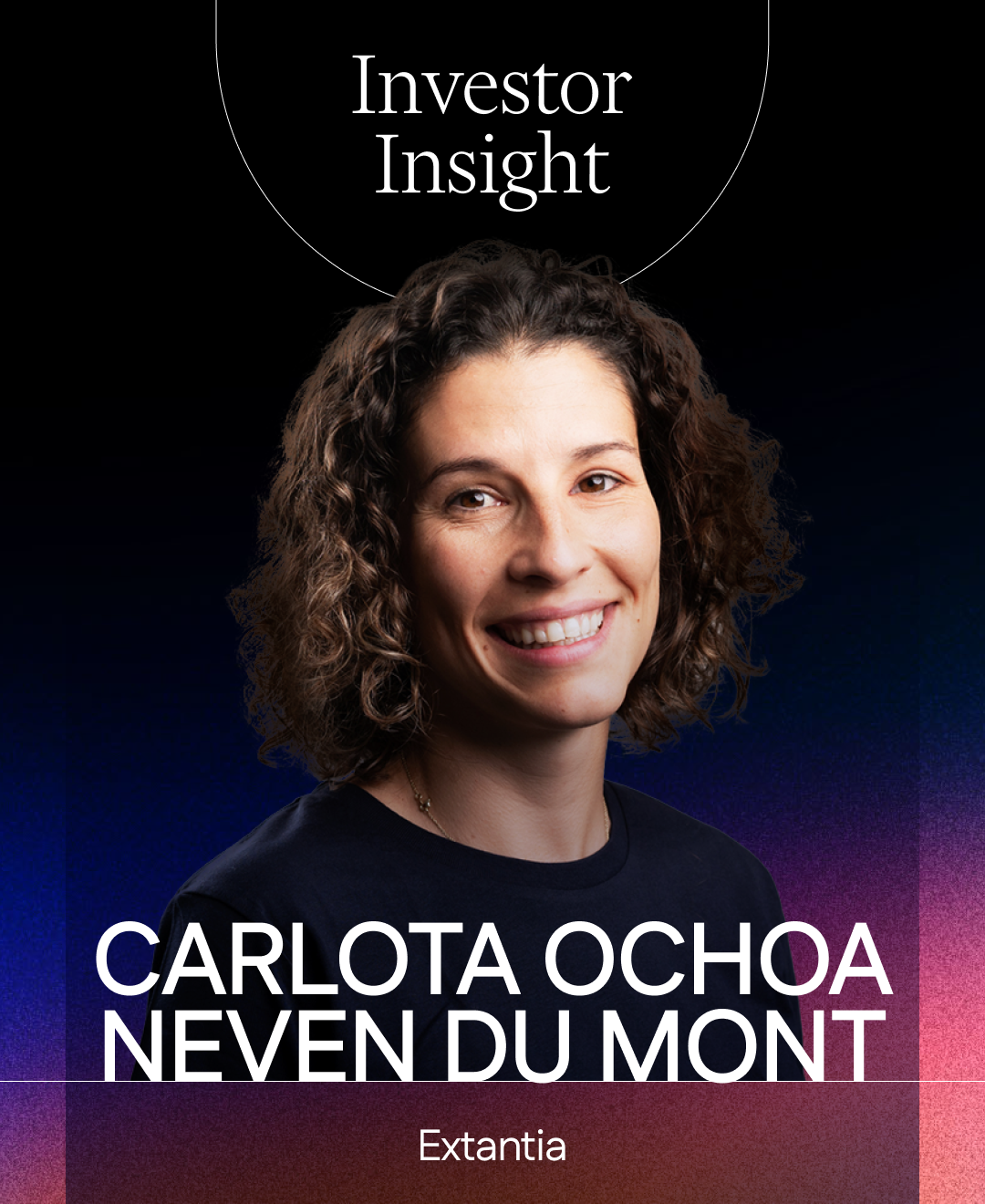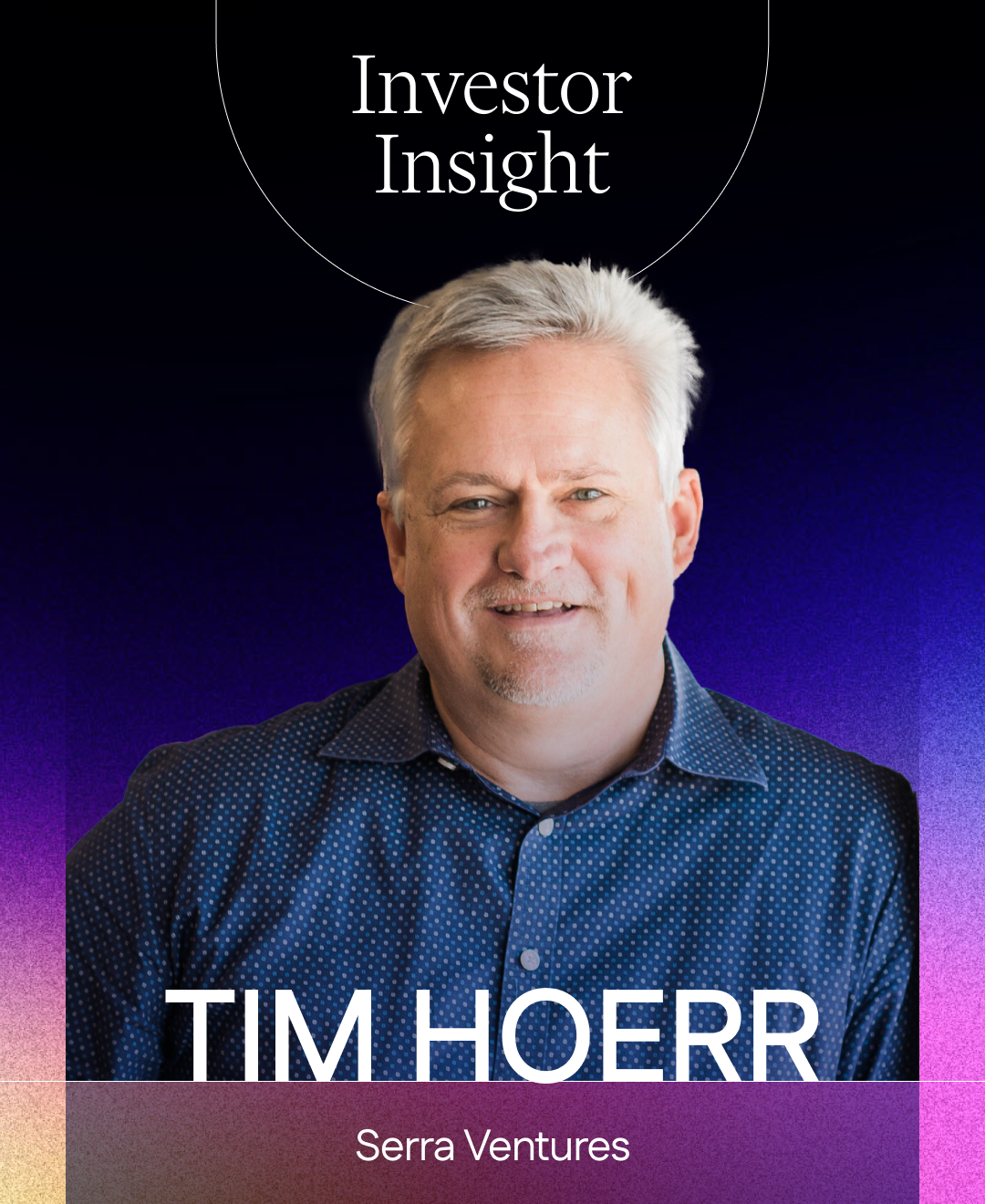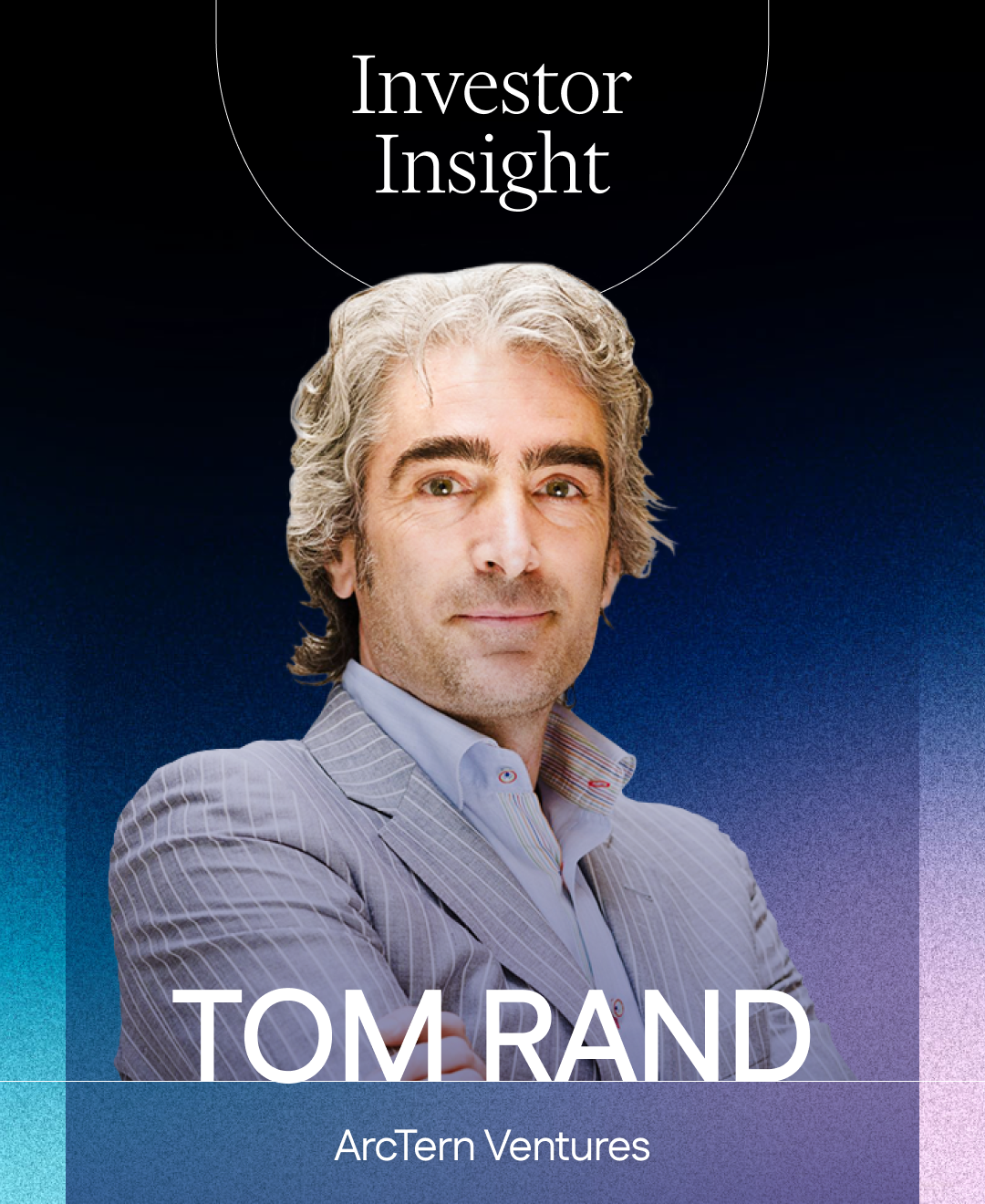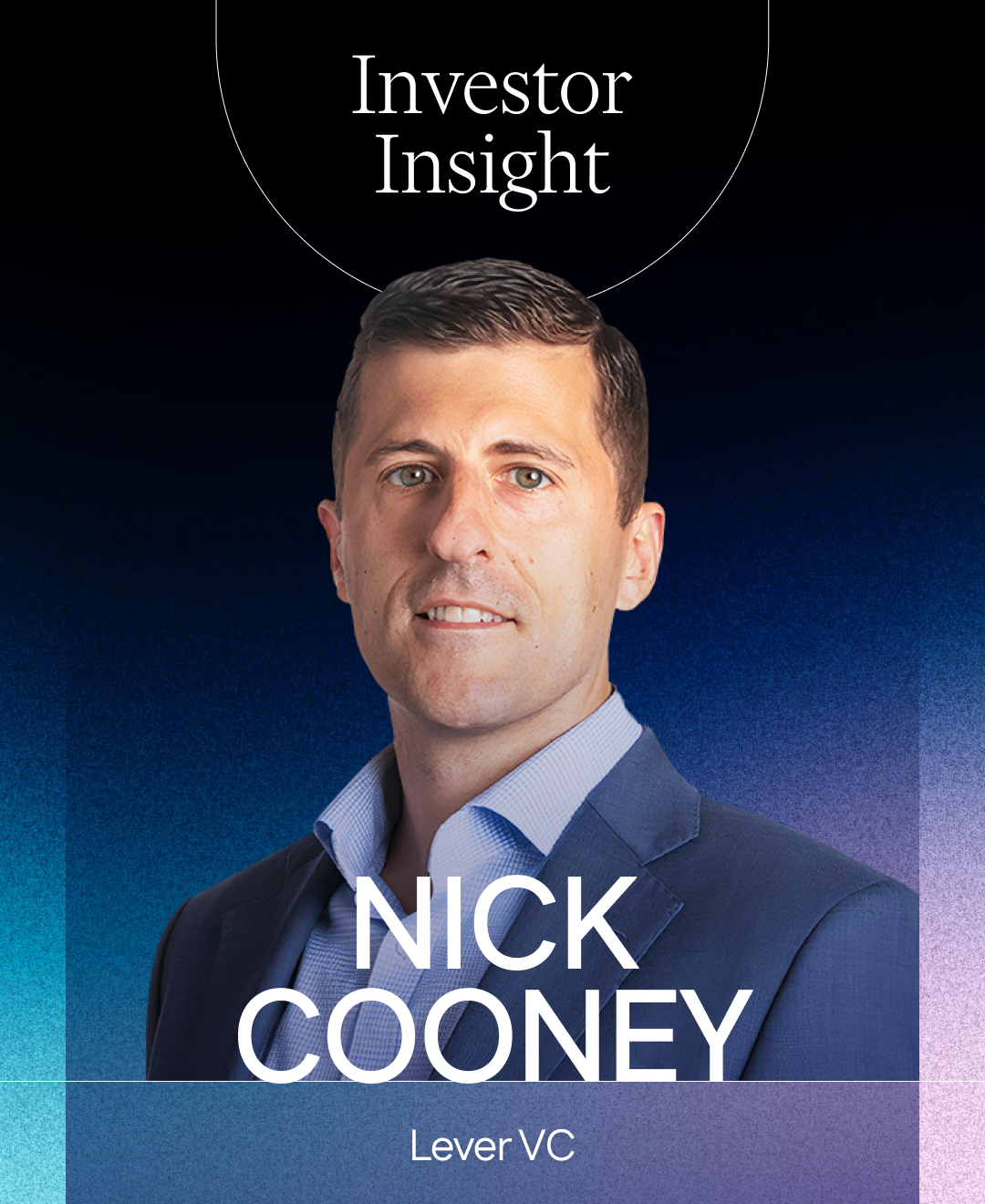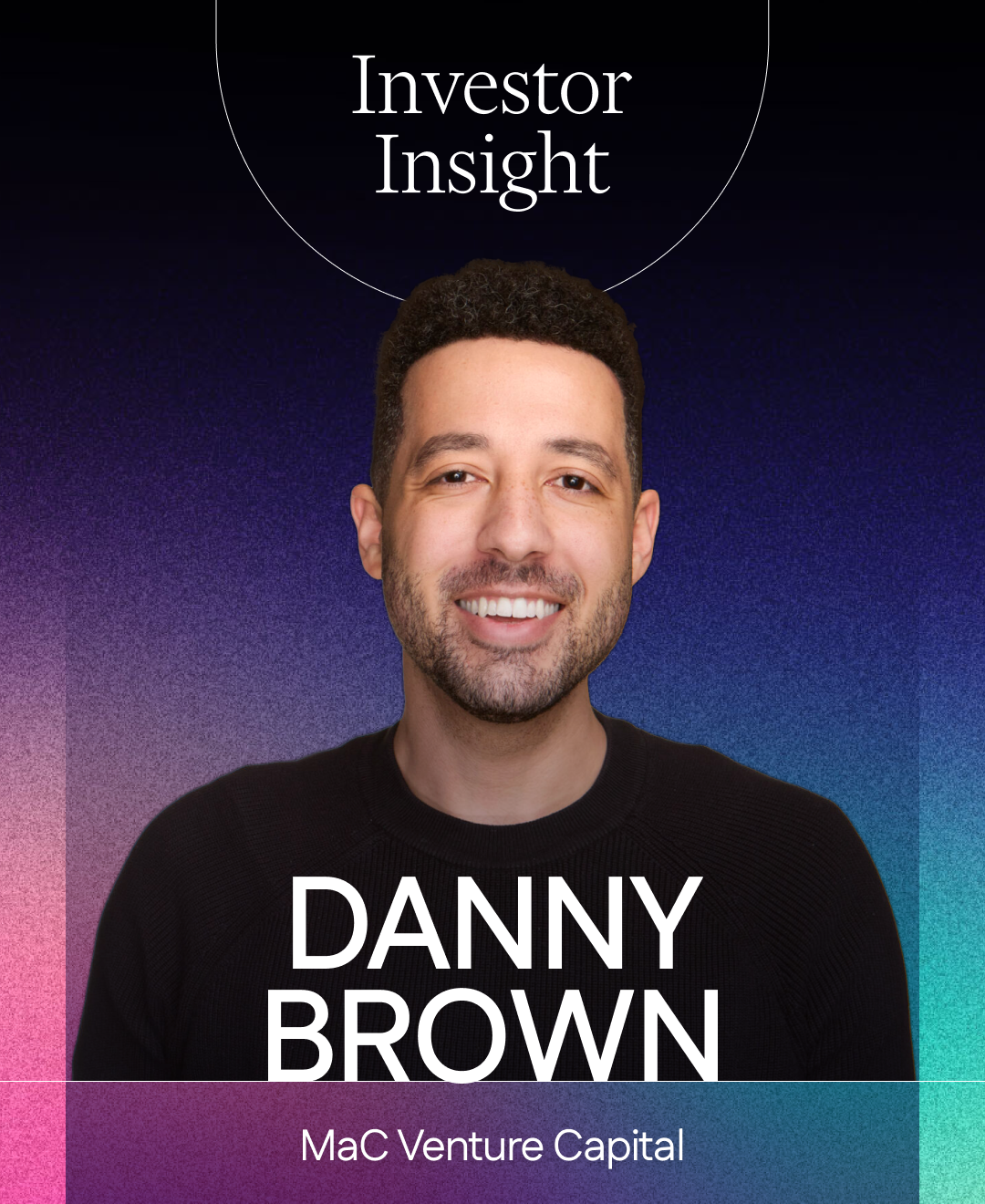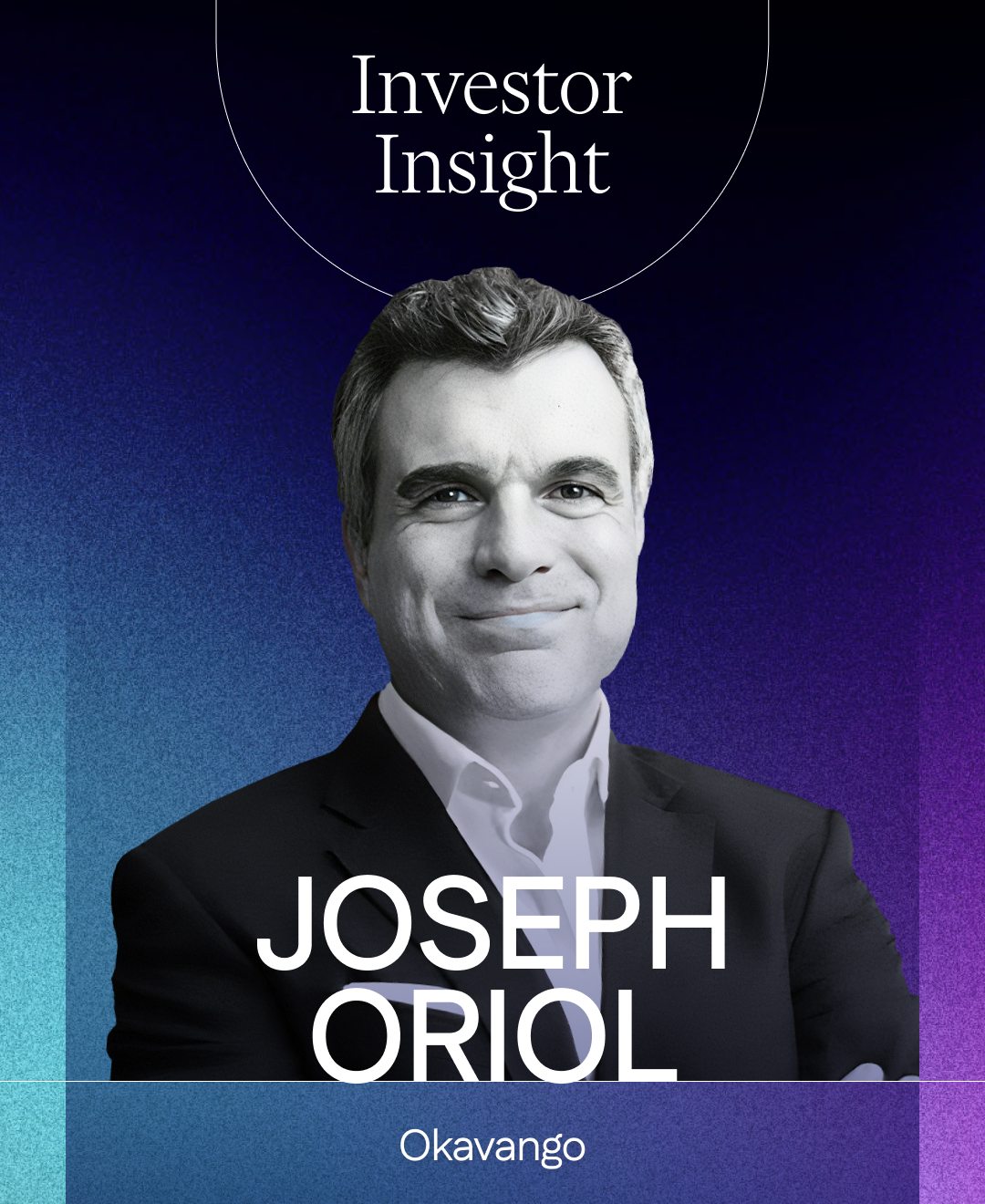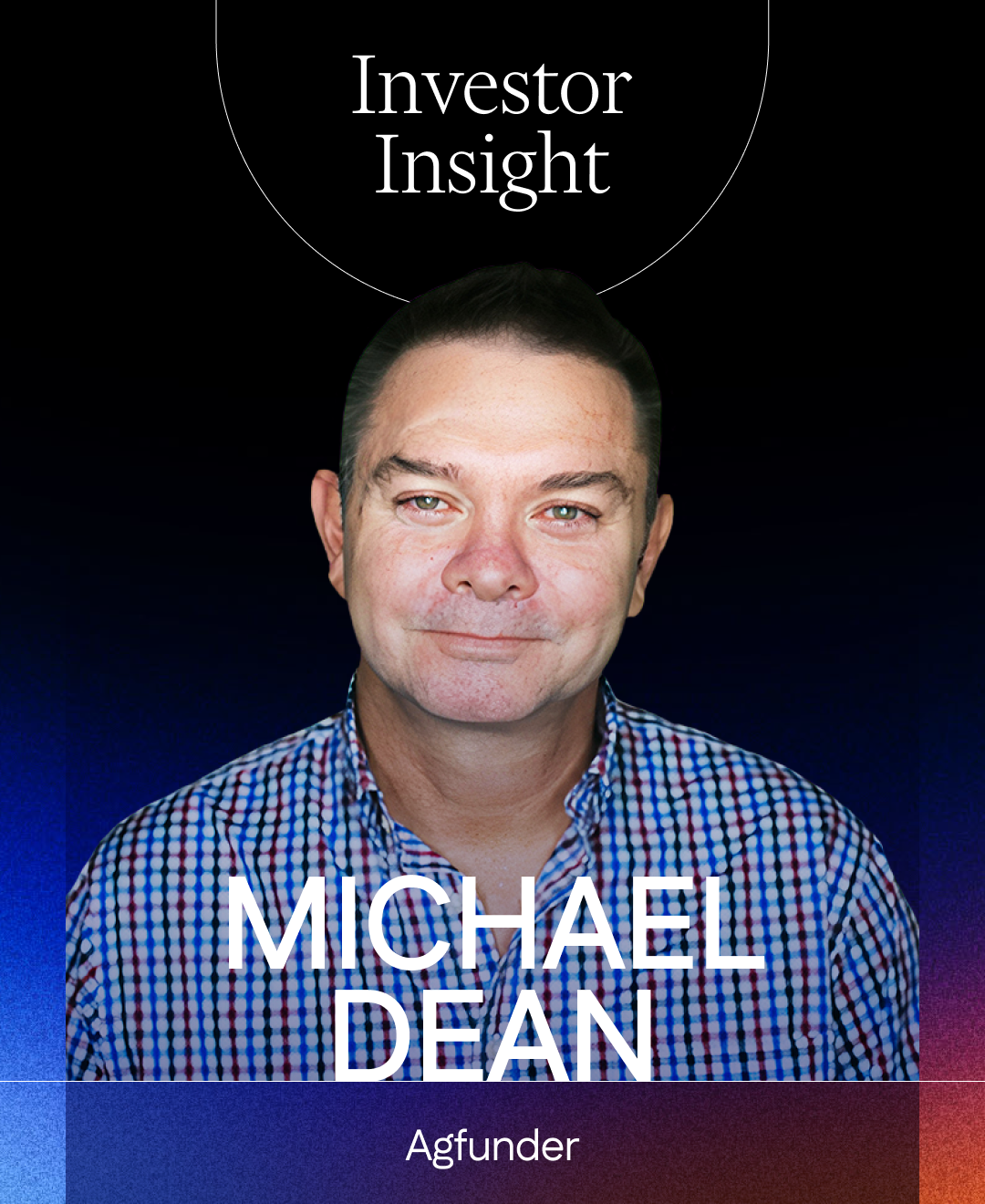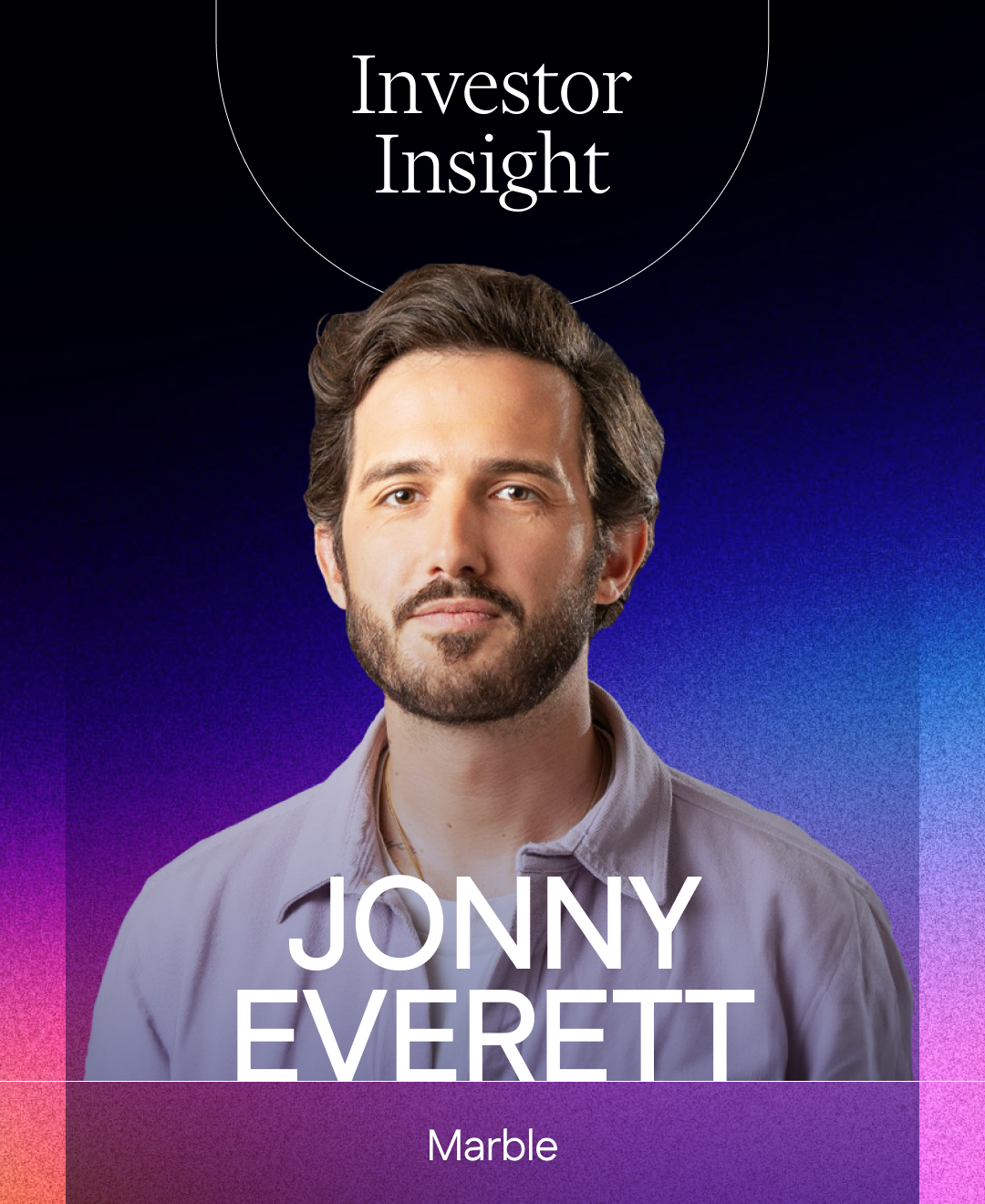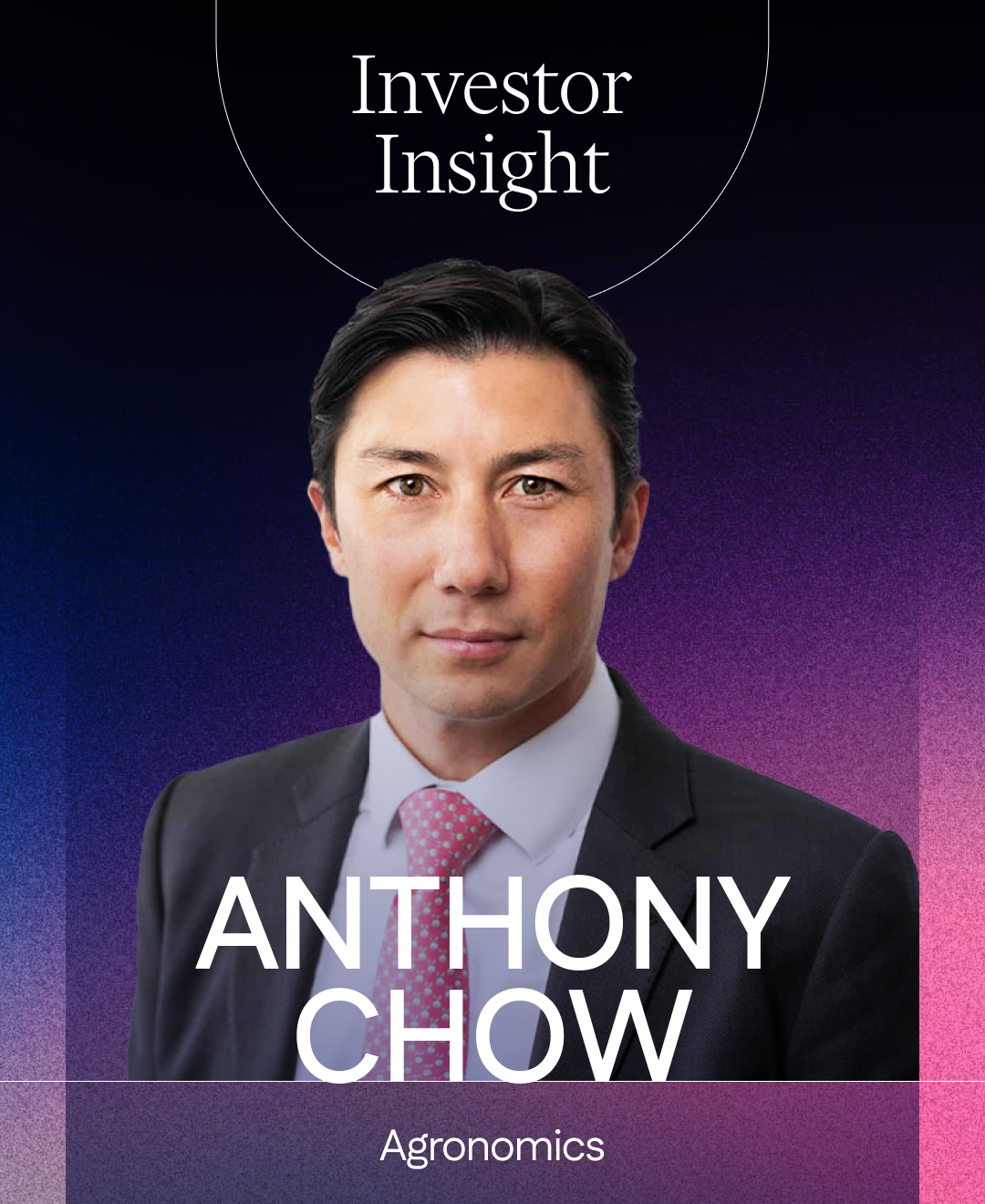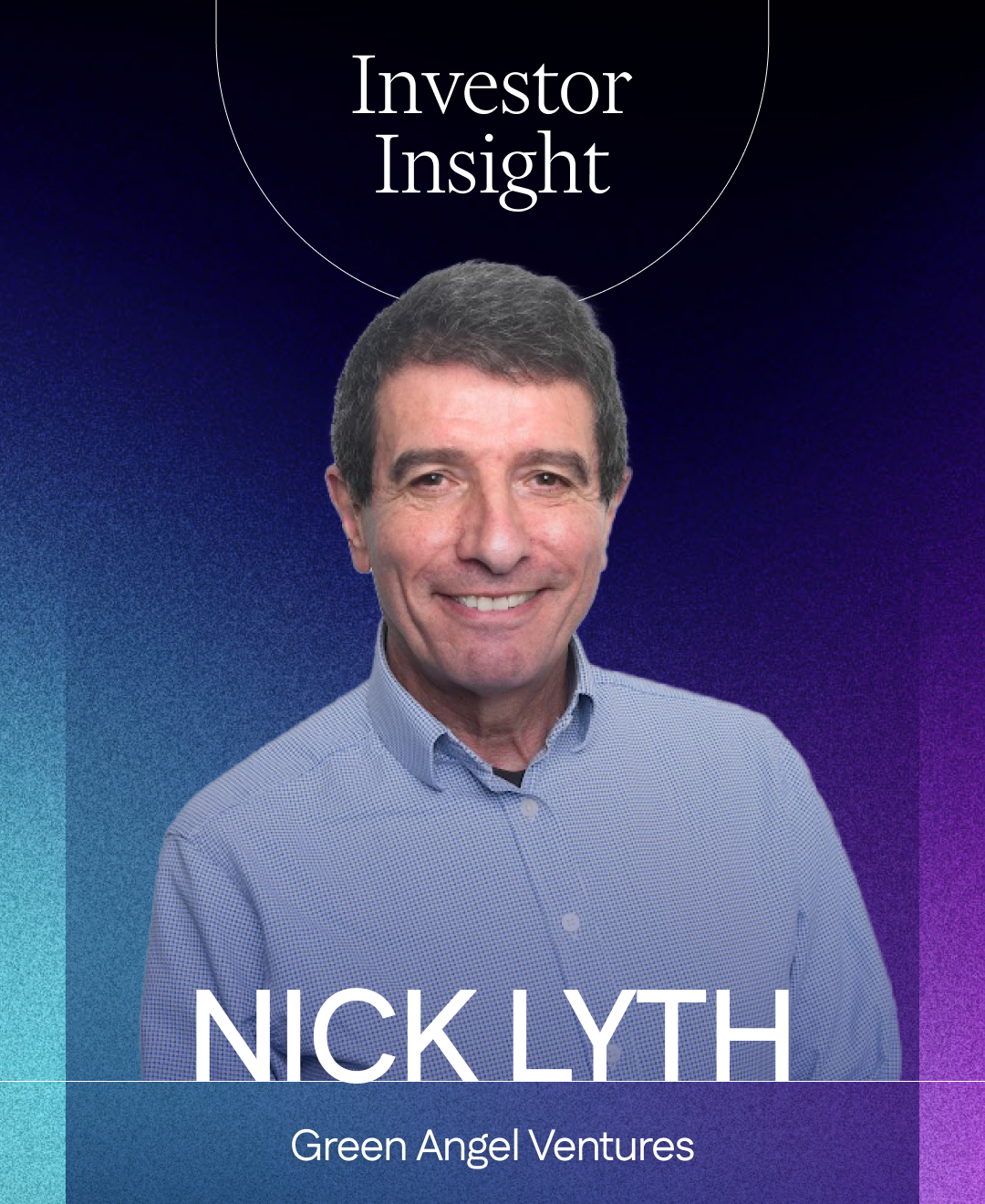
Thank you so much for being here, Myke. Do you think you could give us a brief introduction to yourself, your company, and your investment focus?
Of course. My name is Myke Näf; I studied computer science and focused on education and information security. I founded my startup, Doodle, a scheduling service, growing it to 20 million users before selling it. Afterwards, I was active as a business angel with roughly 50 investments in startups, mostly in Europe. Today, I’m a founding partner at Übermorgen Ventures, where we invest in climate tech startups to help decarbonise the world, focusing on pre-seed and seed stages, mainly in Europe.
That’s great. Do you think you could share your investment focus areas for the current year and the rationale behind them?
We focus on climate tech aiming for financial returns and measurable climate impact through CO2 reduction. Key target areas are all sectors with high emissions and therefore high impact potential such as industrial processes, transportation, energy, etc. Additionally, we invest in high-quality carbon dioxide reduction methods and we like emerging fields such as phytomining, which involves using engineered plants to extract valuable minerals like nickel from the earth instead of conventional mining.

Extremely interesting. Thank you. In light of recent global economic changes, how have your investment criteria evolved?
Our criteria remain broadly the same, but we've become more selective. We pay closer attention to how much future funding a startup will need and their ability to raise it, compared to before 2021-2022.
What are the key qualities that you look for in a startup?
The most crucial factors are the market size and the team, aside from climate impact. The market must accommodate significant growth, and the team must be able to execute the idea.
It seems persistence is important. What are the key qualities that you look for in founders?
Key qualities include deep market understanding, ability to execute, learn, and building an organisation that iterates quickly.
Which founder traits would lead you to say no immediately?
Red flags include shallow market knowledge, sluggishness in responding, lack of diligence in follow-ups, and lack of trust in the founder.
Could you please describe the due diligence process you follow before making an investment?
The process varies but typically involves initial discussions led by an excited deal champion, a partner meeting with the founders, term sheet negotiation, legal and financial review, and technology diligence which may involve experts for specialised fields.
How do you source your experts?
We use our scientific community networks, other VCs, academic references from startups, recruiting services, and research on Google Scholar or similar sites.
How do you evaluate the potential of a company in its early stages?
At pre-seed and seed, it comes down to the team and market size. With a great team and large market, the chances of finding a valuable opportunity increase. Some rationalisation is possible but investing at this stage requires taking bold bets, knowing many will fail while the successes make up for failures in the portfolio.
How do you balance the need for quick decisions and competitive deals with thorough evaluation?
In competitive bidding wars, we tend to walk away when deals get overheated. However, we can complete our typical 1-2 month process in days if needed. Founder qualities like trustworthiness and responsiveness help. Sometimes gut-based decisions with incomplete information are necessary.
When I've spoken to other investors, I've gotten the impression that it's always possible to walk away from a deal. Is that the case with Übermorgen too? Is there a feeling that there's always another deal?
Yes, there are always other deals. But there can be fear of missing out when walking away after investing significant time, even if there were orange flags.
Could you share an example of a successful investment you made and what made it stand out?
One recent exit was Einhundert Energie, a company helping multi-tenant building owners with solar and self-consumption roll-out. We invested early and the company achieved a good early exit. Einhundert is set to contribute greatly to the energy transition in an underinvested area.
In your experience, what are the most common reasons that startups fail after receiving investment, and how can these be mitigated?
A big part is the inherent risk of doing something new. Mitigations include de-risking quickly, being hypothesis-driven, ruthless focus on value creation, and iterating and learning rapidly.
How important is the scalability of a startup's business model in your investment decision?
Very important, as outsized returns require scalability. But in climate tech businesses, scaling is more nuanced and challenging because some kind of hardware is involved. The path may be clear but financing the capex is challenging.
Could you share any insights on the importance of diversity and inclusion in the teams that you invest in?
We look for diversity in gender, ethnicity, age etc. but don't have strict requirements. While a recent meta-analysis shows limited measurable performance, we do believe diversity is at least important for a healthy company culture.

What role does mentorship play in your investment strategy and how do you support your portfolio companies?
We’re always there when a company needs us but do not stand in the way when it doesn’t. We take a hands-off-ish approach but highlight blind spots like neglected financials or sales. We provide strategic guidance on product, internationalisation, finance etc. Our involvement ranges from sidelining when another investor leads, to board participation when we lead.
How do you view competition and the startups you invest in? Do you prefer first movers or better movers?
We like startups to deeply understand competitors. I prefer later movers who can be more efficient, as first movers spend heavily developing the market and many startups are often too early rather than too late.
What advice would you give to startups that are seeking investment in the current market?
Be patient, it takes much more effort now. Refine your pitch, emphasising your fundraising story for future rounds— amounts, valuations, milestones, potential investors. Convey that you've thought it through.
What are the emerging technologies or sectors that you believe are under-invested and why?
Frankly, virtually all climate sectors are under-invested per IPCC goals, sadly. Over-invested areas include certain areas in mobility and alternative proteins. Under-invested areas include industrial processes, food/agriculture, energy.
How do you foresee the investment landscape evolving in the next few years?
I hope we're nearing the bottom of the market and investment will recover, especially Series A/B which seems crunched. More financing options like grants, funds, and venture debt should proliferate, giving startups a varied capital stack suited to their model and scaling needs.
What is one thing people believe about investing that is completely wrong?
That it's an easy way to get rich. (laughs)
If you could invest a hundred million dollars in one project to combat climate change, what would it be and why?
I'll just say Open Forest Protocol, but it's not entirely unselfish. It's a company we invested in and are continuing to invest in. They do decentralised MRV for forest projects, working hard to empower local communities owning or managing those forests. And yeah, I think it's a good project that should get a good chance of trying to scale.
Which is more important, a great idea or a great team?
A great team.

Which tech solution do you think is actually harming the planet more than helping?
None come to mind, but some well-intentioned solutions have proven net negative after life cycle analysis and scaling effects.
Which sector within climate tech will become obsolete in the next decade?
Likely none, given the sustained interest and necessity in this space. Even controversial sectors are still evolving.
Which is more crucial for saving the planet: technological innovation or regulatory changes?
Long-term, tech innovation. Short-term, regulatory changes to enable scaling of new technologies against subsidised incumbents.
What role should major corporations play in the fight against climate change?
Be honest about current impacts, invest in and purchase from new climate tech startups, and leverage expertise/manufacturing to help them scale faster.
That’s a great note to end on. Myke, thank you so much for spending some time with us today and sharing your thoughts on green investment. From all of us at Brighter Future, we wish you nothing but the greatest success in Übermorgen Ventures’ ongoing investment efforts.
To learn more about Übermorgen Ventures, please see www.uebermorgen.vc.
Let’s Start Building Your Story
Book a call or email us at mission@brighterfuture.studio to begin crafting your inside-out narrative.


